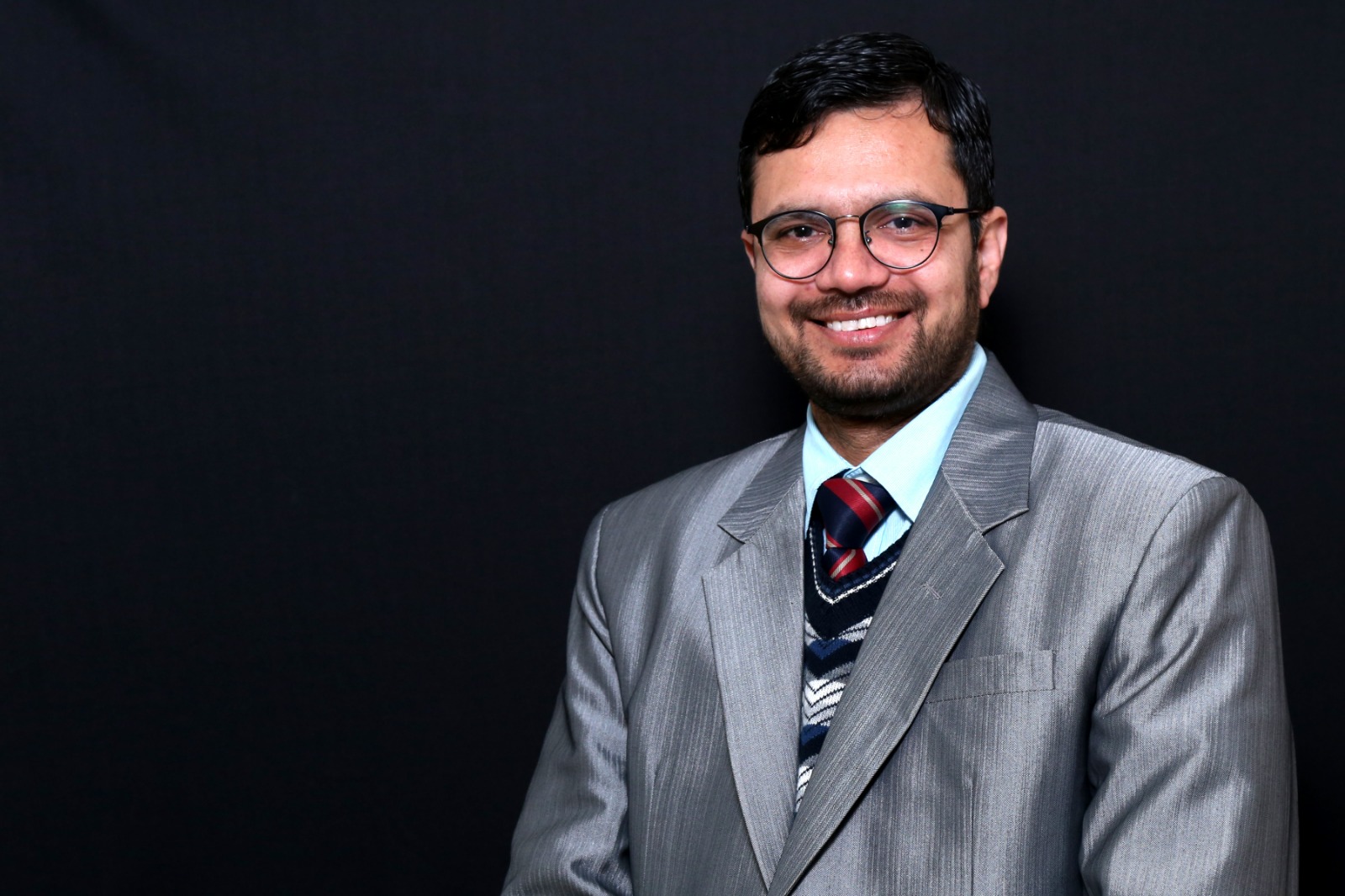Meet Professor Deepak Nand Kapoor, the Dean of the School of Pharmaceutical Sciences at Shoolini University, with over 15 years of experience in teaching, research, and industry. His expertise in developing innovative drug delivery systems, such as nanoparticles and transdermal systems, highlights his dedication to advancing pharmaceutical sciences.
Prof Kapoor’s impressive portfolio includes over 40 national and international publications, along with numerous patents on cutting-edge pharmaceutical formulations. His contributions advance the field and expose students to innovative research and technological advancements.
Having completed a research consultancy project funded by the Defence Research and Development Organisation (DRDO) and holding a utility and design patent, Prof Kapoor is actively involved in industry and academic consultancy projects. His extensive experience and ongoing research are crucial in shaping the future of pharmacy education at Shoolini University.
Join us as we discuss with Professor Deepak Nand Kapoor how his innovative work and expertise contribute to the advancement of pharmaceutical sciences and the educational growth of his students.
1. How do you integrate emerging technologies and advancements in pharmaceutical sciences into your teaching?
Our distinguished board of directors, featuring luminaries from academia and industry, provide invaluable insights into cutting-edge technologies revolutionising the field. We meticulously incorporate their expert advice into our curriculum, ensuring it remains at the forefront of innovation. This dynamic process guarantees that our educational offerings align with industry advancements.
2. Can you give examples of innovative techniques you’ve used to engage students and promote active learning in your pharmacy classes?
We have a comprehensive and evolving approach to education, extending beyond traditional examinations. Our assessment framework includes two major exams: the midterm and the end-term exams. Additionally, students are assigned various tasks and projects related to the study topics. Regular class tests and quizzes, including surprise quizzes, ensure continuous evaluation.
After every three lectures, we also implement an additional instructional session, the tutorial class. The fourth session is dedicated to tutorials, allowing students to ask questions and clarify doubts about the week’s lectures. These sessions improve interaction between the teacher and students, making tutorials more interactive than regular lectures. This structure also ensures that students receive continuous support and engagement throughout their learning process.
3. How do you stay connected with developments in pharmacy practice and academia, and how do you integrate this knowledge into your teaching and research?
We have a committee similar to a school academic committee that regularly updates our curriculum. Initially, faculty members discuss potential additions and necessary changes, identifying key subjects related to industry and research. These proposed syllabi are then sent to industry experts for feedback. With their current knowledge, these experts review and suggest relevant subjects and topics to include.
The revised proposals are then presented to the board of studies, which consists of additional experts who provide further suggestions. We update our curriculum using all the gathered data and recommendations to ensure students remain informed about the latest industry advancements.
4. Can you share your approach to mentoring and advising pharmacy students, particularly regarding career development and research opportunities?
Our department has implemented a mentor-mentee system where each student is assigned a faculty mentor upon joining. Students regularly meet with their mentors to discuss personal and academic issues. During these meetings, mentors review feedback on students’ daily classes, academic performance, and attendance, providing comprehensive support.
To prepare students for placements, we organise pre-placement talks with industry experts and placement coordinators. These sessions offer insights into the companies visiting for recruitment and the types of job profiles available. Additionally, we provide a skill-development program based on Stanford University’s mini-MBA, called SPRINT (Skill Progression through Rapid Intensive and Innovative Training). This is focused on personal development, ensuring students are well-prepared for their careers.
5. What’s the USP of the Pharma programs at the university?
The Pharmacy program at Shoolini University is ranked 41st in the NIRF, making it the only institution in the state ranked under NIRF in Pharmacy. We have consistently maintained this rank for the past seven consecutive years. Our department is research-focused, requiring both bachelor’s and master’s students to complete research projects under the guidance of a supervisor, giving them an additional edge.
In the seventh semester, students concentrate on pharmacy practice, gaining in-depth knowledge about various drugs and their applications. This blend of research and practical learning equips our students with a comprehensive understanding of the field, preparing them for successful careers in Pharmacy.
6. Which major companies pick up Pharma students for placements?
Our students secure positions with some of the most renowned multinational companies in the industry. Esteemed organisations such as Abbott, Mankind, Zydus Cadila, and Cipla regularly recruit from our campus, recognising the high calibre of our graduates. These partnerships highlight our strong industry connections and the quality education our students receive.
Meenakshi Joshi
